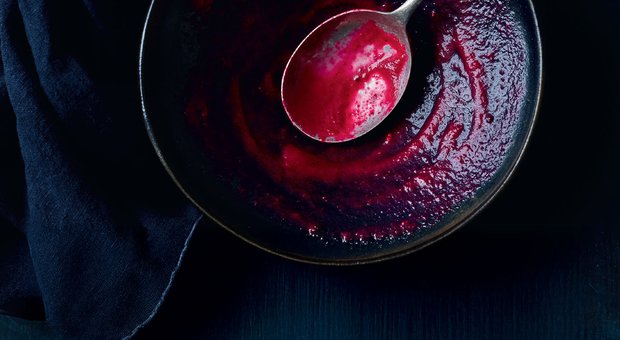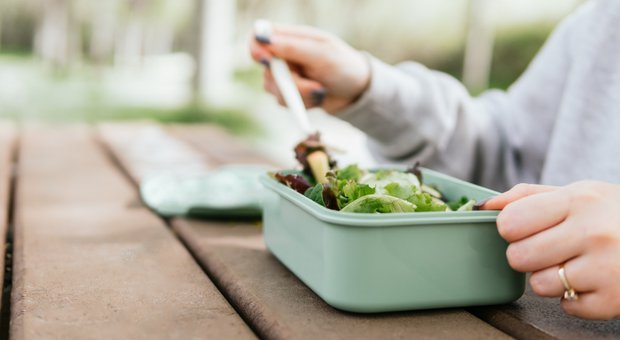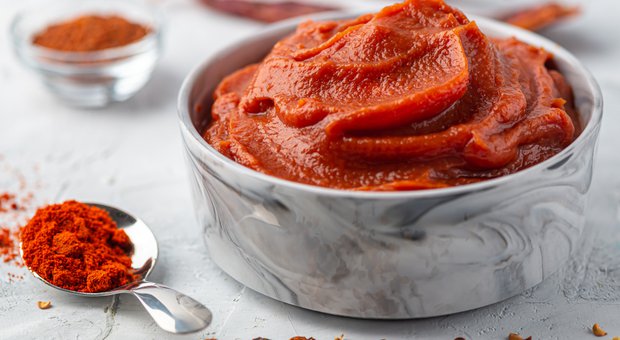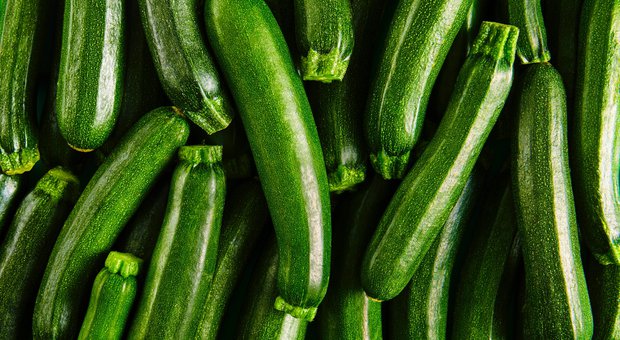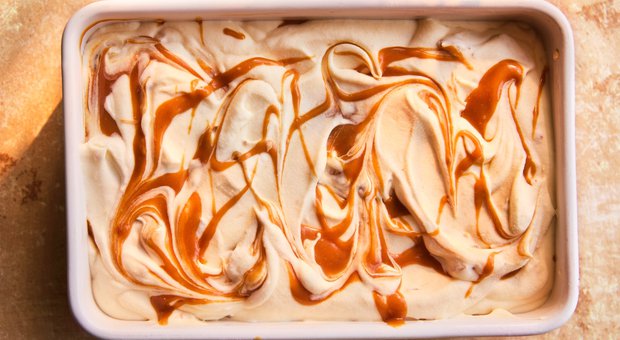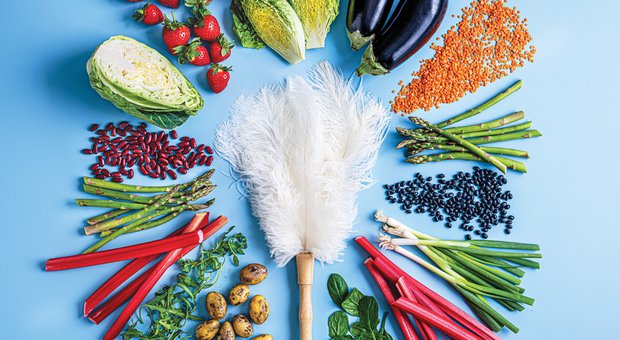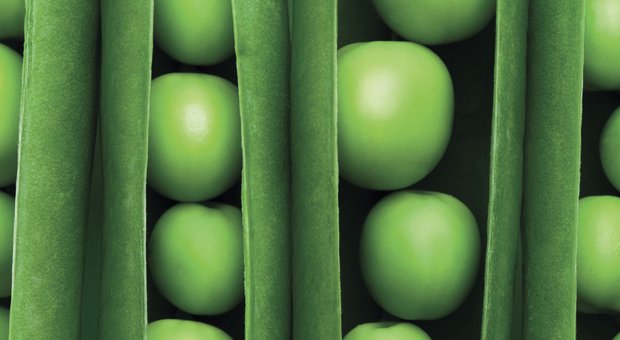Good for your gut
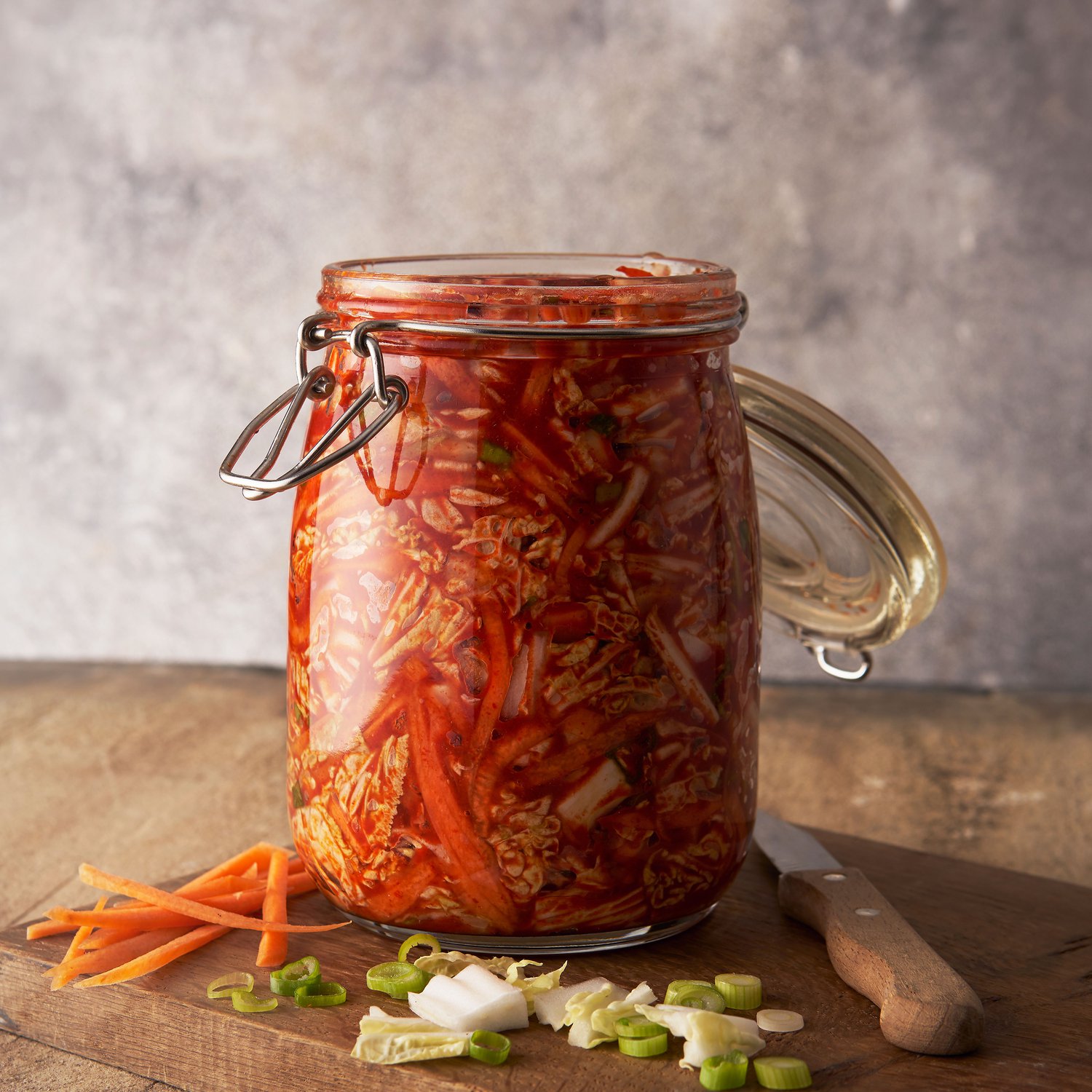
Searching for simple ways to boost your health? Look after your gut and your gut will help look after you...
You may think of the gut as simply an organ that allows you to eat, digest and absorb food – but an ever-growing body of research reveals there’s a whole lot more going on down there. About 70% of the immune system resides in the gut or gut lining. It is also home to trillions of microbes, known as the gut microbiota or gut flora. These microbes are vital for physical and mental wellbeing – they interact with various systems in the body including the immune system, skin, heart and blood vessels, and even the brain.
Studies have shown that our gut microbes transform the foods we eat into thousands of chemical messengers, vitamins and enzymes that influence everything from body weight to mental health. Many things can affect the balance of microbes in our gut, but diet is undoubtedly a significant factor. Foods high in fat and sugar encourage the growth of ‘bad’ microbes, while foods high in fibre encourage ‘good’ microbes.
Is it really that big a deal? Yes, is the short answer. Having good gut health can strengthen your immunity, improve digestive and skin health, enhance your mood and lower the risk of certain cancers, type 2 diabetes and heart disease. So it’s worth looking after it.
The key to a healthy gut is a diversity of ‘good’ microbes. The best way to achieve this is by eating a wide variety of plant foods – fruit, vegetables, nuts, wholegrains and seeds as well as beans, chickpeas and lentils (which are high in prebiotics). Diversity is key because each food contains different types of fibre and nutrients that ‘good’ gut microbes thrive on. Fibre is your gut microbiota’s favourite food, and each type of microbe likes a different type of dietary fibre, which is why that range of food is so important.
Diverse vegetables and other plant-based foods that provide different types of dietary fibre are key to good gut health.”
PREBIOTICS VS. PROBIOTICS: WHAT’S THE DIFFERENCE?
PREBIOTICS are carbohydrates that the body cannot digest but that make excellent food sources for ‘good’ microbes. Foods rich in prebiotics include beans, bananas, berries, lentils, chickpeas, artichokes, onions, garlic, asparagus and leeks.
PROBIOTICS are live bacteria that add to your gut microbiota. They occur naturally in fermented foods such as yogurt, kefir and tempeh but may also be taken as a supplement.
Having good gut health can strengthen your immunity, improve digestive and skin health, and enhance your mood.”
If you want to start increasing the variety of plant foods in your diet, set a goal of eating around 30 different plant-based foods a week. That may sound like a lot, but you are probably eating more than you think already. Remember that plant-based foods include fruits, vegetables, wholegrains, nuts and seeds; pulses such as beans, chickpeas, lentils and peas; tofu, tempeh, herbs and spices, as well as soy-based and other plant-based dairy and meat alternatives.
Adding pumpkin or sunflower seeds, nut butter, or fruits such as blueberries, stewed apples and pears to your morning porridge is a simple way to increase the number of plant-based foods in your diet. Try experimenting with different wholegrains, such as wheat berries, quinoa, freekeh, barley, bulgur wheat, wild rice and red rice.
Add beans or lentils to curries, soups and stews. Buy a mixed bag of salad rather than one variety. Try different colours of the same vegetable – red, yellow and orange peppers; sweet and white potatoes; red and white cabbage. Foods don’t always need to be fresh, either: tinned and frozen optionsare convenient, cost-effective and can do the job just as well.
Colourful fruit and vegetables, especially berries and plums, as well as nuts, coffee, tea and dark chocolate (containing at least 70% cocoa solids) are rich in polyphenols, naturally occurring plant compounds that also encourage the growth of health-promoting microbes.
Another way to nourish your gut microbiota is by eating probiotic-rich fermented foods including yogurt, kefir, sauerkraut, miso, tempeh, kombucha, kimchi and some cheeses. The microbes in fermented foods, called probiotics, can increase your gut microbial diversity – although the benefits last only as long as you are eating these foods regularly.
Yogurt contains ‘good’ bacteria that add to your gut microbiota, supporting physical and mental wellbeing.”
5 FOODS FOR YOUR GUT
Blueberries are one of the richest dietary sources of polyphenols – plant compounds which benefit gut health.
Lentils and other pulses contain high levels of dietary fibre, including a prebiotic fibre called galactooligosaccharide, which promotes the growth of ‘good’ gut microbes.
Live yogurt (dairy or soy-based) is one of the best sources of probiotics, the ‘good’ bacteria that can improve your gut health.
Nuts contain omega-3 fats, which are linked to a more diverse microbiota.
Oats are a rich source of fibre, including beta-glucans and resistant starch, which increase the growth of ‘good’ gut microbes.
Look after your gut and your gut will help look after you...”
